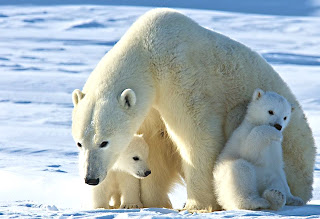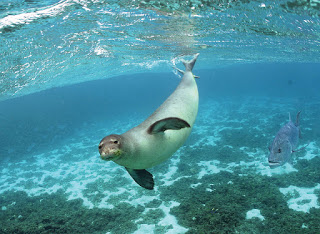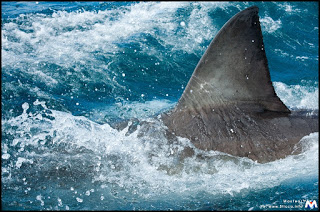1. NASA and NOAA: 2016 Warmest Year on Record
———————————————–
2. Trump Administration Places Freeze on EPA
The Environmental Protection Agency was put on high alert earlier this week when the Trump administration implemented a contract freeze and media blackout.
The EPA protects and restores ocean and coastal ecosystems by promoting watershed-based management, preventing aquatic pollution, managing ocean dumping sites, assessing coastal conditions, establishing effective partnerships and facilitating community-led science-based efforts. These programs help to ensure clean and safe waters that sustain human health, the environment and the economy. Read More…
———————————————–
 3. “#Badasslands” Twitter Feed Goes Rogue
3. “#Badasslands” Twitter Feed Goes Rogue
———————————————–
4. Endangered Hawaiian Monk Seal Population Now At 1,400
———————————————–
5. Georgia Leads US in Trade of Shark Fins
———————————————–
6. Scientists Use Real-time Aquatic Drones to Follow Whale Sharks
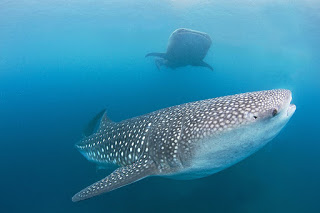 Scientists from the Whale Shark and Oceanic Research Center in Utila, Honduras used wave-powered drones to study whale sharks for a year. Depth and position were measured. They found the whale sharks feeding at depth during rough conditions at “unexpected times of the year.” Read More…
Scientists from the Whale Shark and Oceanic Research Center in Utila, Honduras used wave-powered drones to study whale sharks for a year. Depth and position were measured. They found the whale sharks feeding at depth during rough conditions at “unexpected times of the year.” Read More…———————————————–
7. An Invasive Species Could Save Caribbean Coral Reefs
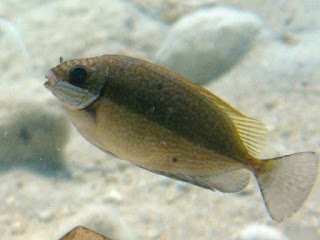 The rabbitfish, which has migrated from the Red Sea to the Mediterranean, has outcompeted other native algae-eating fish. In the Caribbean, the invasive lionfish has eaten other herbivorous fish that keep the coral reefs clean of algae. Scientists wonder if introducing the rabbitfish as an invasive species could save Caribbean coral reefs. Read More…
The rabbitfish, which has migrated from the Red Sea to the Mediterranean, has outcompeted other native algae-eating fish. In the Caribbean, the invasive lionfish has eaten other herbivorous fish that keep the coral reefs clean of algae. Scientists wonder if introducing the rabbitfish as an invasive species could save Caribbean coral reefs. Read More…
———————————————–
8. WINS FOR FINS! 18,000 Hotels Worldwide Have Stopped Serving Shark Fin Soup
Over the past five years, 18,000 international hotels have stopped serving shark fin soup. One of the first to stop serving shark fin soup was Hong Kong Shanghai Hotels in 2012 and the movement took hold worldwide. Other hotel chains include Hilton, Starwood and InterContinental Hotels Group. Read More…
Sea Save Foundation is committed to raising awareness of marine conservation. The Week in Review is a team effort produced by the Sea Save staff to provide a weekly summary of the latest in marine research, policy, and news.

